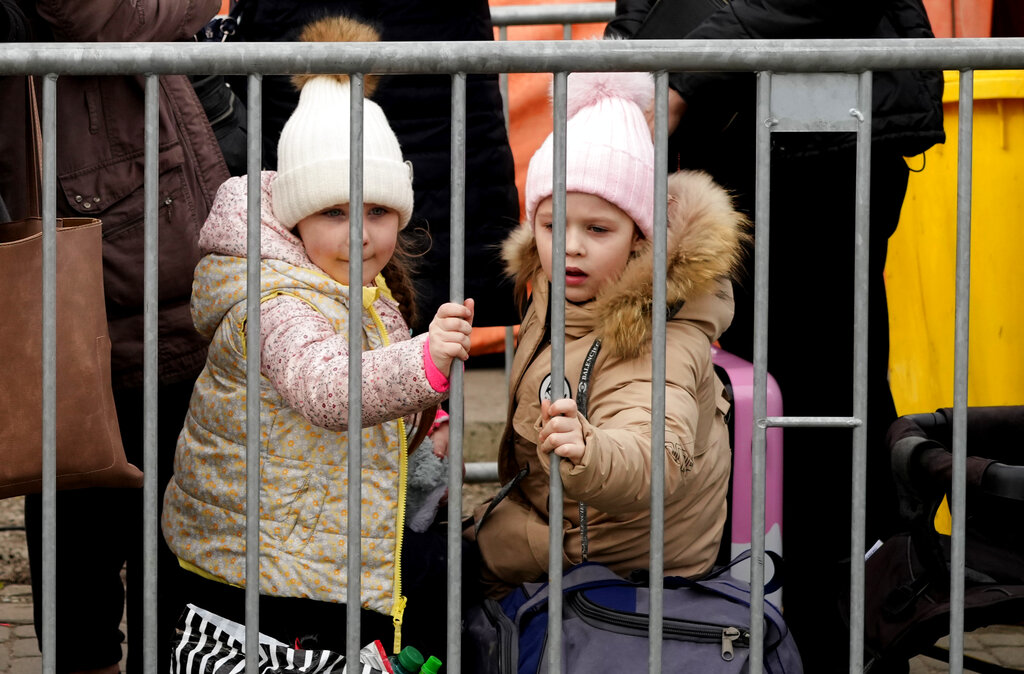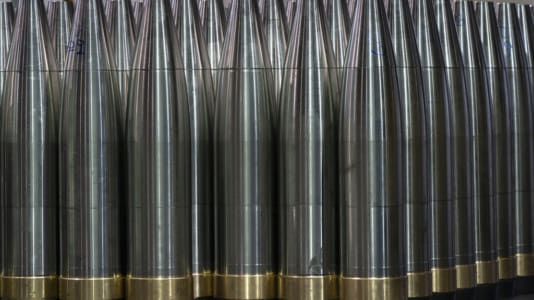More than half of the Ukrainian population now prefers an early end to the war through negotiations rather than a continuation of the fighting. According to the latest survey by Gallup, the support for the pursuit of peace exceeded 50 percent for the first time, while the intention to continue the war decreased significantly in all regions.
The Russian-Ukrainian war has been going on for more than two years, and Gallup’s latest research conducted in October 2024 shows that the Ukrainian population is increasingly tired of the conflict. According to the survey, 52 percent of Ukrainians prefer a quick, negotiated peace, while only 38 percent believe that continuing the fighting is the right way.
This represents a sharp turnaround compared to the initial phase of the conflict, when in 2022, 73 percent of the population still supported the fight until complete victory.
War fatigue intensified during this year, which can partly be explained by changes on the frontlines. Although Ukraine has also carried out military actions — for example in the Kursk region — Russian troops have advanced in several areas in recent months.
At the same time, Volodymyr Zelensky’s “victory plan,,” which includes joining NATO and the use of long-range Western missiles, received a mixed reception both among Western allies and the Ukrainian population.
Support for the continuation of the war decreased in all regions of Ukraine. In the conflict-stricken eastern areas, for example, twice as many people support peace (63 percent) as the continuation of the war (27 percent). Even in the western and capital regions, a dramatic decrease can be observed: Commitment to the continuation of the war fell by 39-percentage points in Kyiv, while in the western part of the country by 40-percentage points.
The desire for peace is also reflected in the openness to territorial compromises.
Among those who support a quick negotiated peace, 52 percent would accept the transfer of certain territories for the sake of peace, although Gallup did not elaborate on exactly which territories these would be. Even among supporters of the continuation of the fight, expectations are changing: While in 2022 and 2023, 92-93 percent of such respondents saw the recovery of Crimea and all lost territories as a victory, this proportion has dropped to 81 percent.
Ukrainians would also rely more on the EU (70 percent) and the United Kingdom (63 percent) than the United States during peace negotiations, whether under a Trump or Kamala Harris presidency.
Support for American involvement is only around 50 percent, which can be explained by American political uncertainties and questions about the continuation of military aid.






